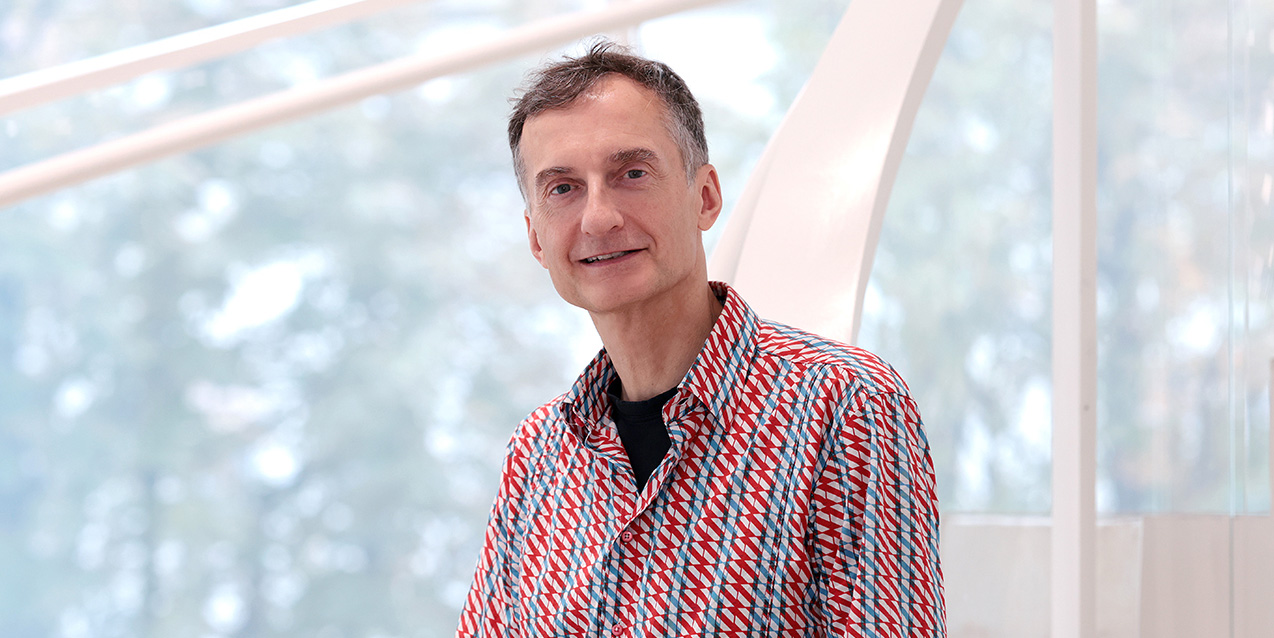The ERC Advanced Grants are intended to support established and excellent principal investigators in pursuing groundbreaking and high-risk projects. On June 17, the ERC announced the 281 recipients of the 2025 ERC Advanced Grants, including Prof. Alex Schier from the Biozentrum of the University of Basel. The cell and developmental biologist will be funded for his research project “Selforganize” with about 2.5 million Swiss francs for five years. This is Schier’s second ERC Advanced Grant.
“These ERC grants are our commitment to making Europe the world’s hub for excellent research” says Ekaterina Zaharieva, European Commissioner for Startups, Research, and Innovation. “By supporting projects that have the potential to redefine whole fields, we are not just investing in science but in the future prosperity and resilience of our continent.”
Self-organization in embryonic development
A major question in biology is how embryos form their body axes – for example, back and belly, head and tail – which is crucial for morphogenesis and the correct positioning of organs. According to current knowledge, the “instructions” for body axes in many animals are passed on from the mother. However, in lab experiments, embryo-like structures and organoids can emerge from embryonic cells without these maternal instructive cues. This phenomenon is called self-organization.
The team led by Alex Schier will use the killifish as a model organism to study self-organization during embryogenesis in a natural setting. Unlike in most animals, the early killifish embryos completely disperse into individual cells, which later re-aggregate to form the body axes and organs. In previous work, the researchers discovered that embryonic cells of killifish are not maternally pre-patterned; instead, they self-organize to form the body axes.
In his ERC-funded project, Schier aims to investigate the underlying mechanisms of self-organization in killifish embryogenesis, from signaling pathways to cell movements. This work will provide new insights into the role of self-organization in the development of complex organisms and could inform engineering approaches to build artificial organs.
EU frontier research grants to promote excellent scientists
The ERC Advanced Grants are funded by the EU's “Horizon Europe” Framework Programme for Research and Innovation. These research grants empower senior scientists to lead bold, frontier research projects with the potential for high impact. Advanced Grants are highly competitive; this year 281 proposals were selected from 2,534 applications: a success rate of 11 percent. In the 2024 application round, three researchers from the University of Basel were successful in the ERC’s selection process.
Switzerland regains full eligibility for EU research funding
After several years of limited participation, researchers in Switzerland are once again eligible to apply for ERC Grants. For the 2024 call, a transitional arrangement applied: while Swiss applications were evaluated by the ERC, funding for successful projects was provided by the State Secretariat for Education, Research and Innovation (SERI). As of the 2025 call, Switzerland will regain full eligibility to participate in “Horizon Europe”.
Contact: Communications, Katrin Bühler



